Scientific expertise
Optum Epidemiology is at the forefront of epidemiologic methodology and practice.
Driven by research objectives, researchers bring scientific rigor and integrity to protocol design, data analytics and research reporting. Such expertise elevates understanding of the safety and efficacy of drugs, devices, biologics and health care delivery.
Meet our world-class research team

Dr. Florence Wang joined Optum in 2007. She received a joint Doctor of Science in epidemiology and environmental health in 2005 and a Master of Science in Epidemiology in 2001 from the Harvard School of Public Health. Her previous research focused on occupational surveillance, determinants of heavy metal burden, and environmental and genetic risk factors of cognitive decline, hearing loss and other health outcomes related to aging. Prior to joining Optum Epidemiology, she was a post-doctoral fellow in the Department of Environmental Health at the Harvard School of Public Health. At Optum, Dr. Wang has led prospective and retrospective cohort studies, nested case control studies, and studies in signal detection, comparative effectiveness and case algorithm development. Her work has been in the areas of vaccines, maternal and infant outcomes, neurology, oncology and cardiovascular disease.
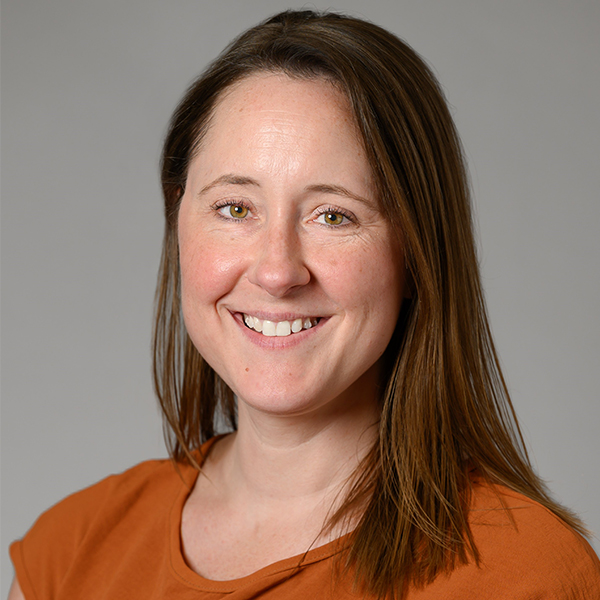
Dr. Jessica M. Franklin joined Optum in 2020 after 10 years as a faculty member in the Division of Pharmacoepidemiology and Pharmacoeconomics at Brigham and Women’s Hospital and Harvard Medical School. Dr. Franklin has extensive experience in designing and leading studies of the effectiveness, safety and utilization of medications from large health care databases, including health insurance claims and electronic health records. She led the development and application of a wide range of novel methods in pharmacoepidemiology, such as automated variable selection and model building methods for propensity score adjustment, measures for evaluating covariate balance, and methods for incorporating free text data into model building through natural language processing (NLP). Dr. Franklin also cofounded the FDA and NIH-funded RCT DUPLICATE project focused on producing an empirical evidence base for the validity of real-world evidence on medications. She has authored or co-authored more than 150 articles in peer-reviewed medical, epidemiology and biostatistics journals. Dr. Franklin received a Bachelor of Science in mathematics from the University of Georgia and a doctorate in biostatistics from Johns Hopkins Bloomberg School of Public Health.

Dr. Andrea Chomistek joined Optum in 2018. She earned a Master of Public Health in epidemiology from the University of Michigan in 2006 and a Doctor of Science in epidemiology from the Harvard School of Public Health in 2011. She completed her postdoctoral training in the Department of Nutrition at the Harvard School of Public Health. Prior to joining Optum Epidemiology, Dr. Chomistek was an assistant professor in the Department of Epidemiology and Biostatistics in the School of Public Health at Indiana University-Bloomington. Her prior research focused on the relationship between physical activity and cardiovascular disease, as well as measurement of physical activity in epidemiological studies. She has published her work in top cardiology journals including the Journal of the American College of Cardiology and Circulation. At Optum, Dr. Chomistek has led studies in the areas of endometriosis, osteoporosis, pregnancy and migraine.
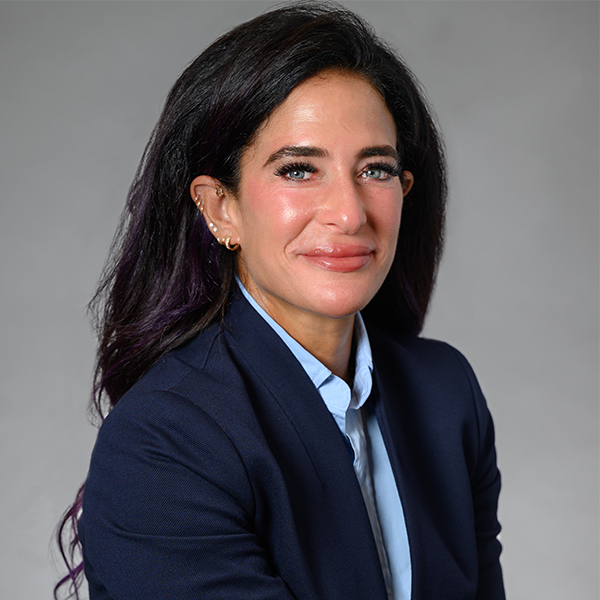
Najat Ziyadeh joined Optum in 2001. She earned both her Master of Arts in medical science and Master of Public Health in epidemiology and biostatistics from Boston University in 2001. Prior to joining Optum Epidemiology, she conducted clinical research on the effects of angiogenesis inhibitors on human tumor growth and metastasis, chronic obstructive pulmonary disease, and described the smoking, drinking and dieting behaviors of adolescents based on sexual orientation. She has extensive experience in the analysis and reporting of large-scale post-marketing safety research studies for the pharmaceutical industry using a variety of health insurance claims databases. Her work at Optum has been in the areas of diabetes, cardiovascular disease, female health and antibiotic use.

Dr. Kandace Amend joined Optum in 2007. She received a Master of Public Health in epidemiology from Tulane School of Public Health and Tropical Medicine in 1997, and a doctorate in epidemiology from University of Michigan School of Public Health in 2004. Prior to joining Optum Epidemiology group, Dr. Amend was an assistant professor at Mount Sinai School of Medicine with an appointment in the Department of Oncological Sciences. Her research focused primarily on the molecular epidemiology of breast cancer to improve the understanding of racial disparities among African-American and Caucasian women with the disease. At Optum she has led retrospective studies using claims data focused on eye conditions, influenza, asthma, rhabdomyolysis, progressive multifocal leukoencephalopathy and vaccines.

Dr. Brandon Diessner joined Optum in 2020. He received his doctorate in epidemiology and biostatistics from the University of Minnesota in 2020 and his Master of Public Health in epidemiology from the University of Minnesota in 2016. Prior to joining Optum, his work focused on assessing risk factors for the development and progression of sarcomas, a rare group of connective tissue cancers that disproportionately occur early in life. At Optum, Dr. Diessner has led studies using claims and electronic health record data, particularly in the areas of oncology, neurology, respiratory disease and infectious disease. He has published in top journals including JCO Precision Medicine, JAMA and The Journal of Urology.
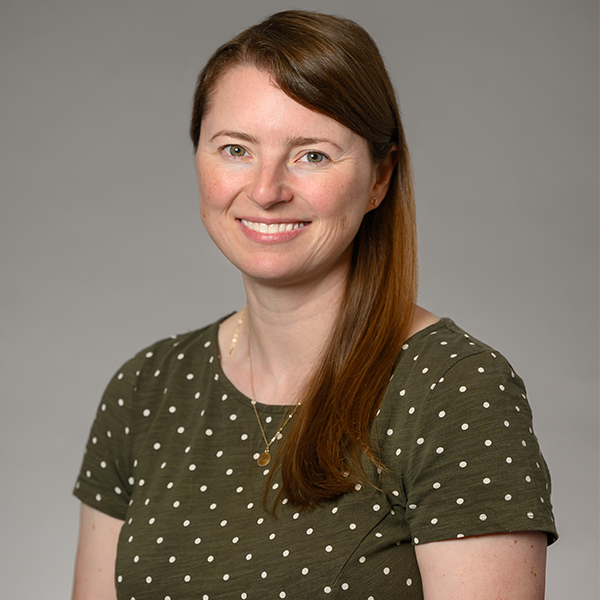
Dr. Laura Dodge joined Optum in 2023 after 15 years in the Department of Obstetrics and Gynecology at Beth Israel Deaconess Medical Center, where she most recently was the Director of the Division of Research and a biostatistical consultant for the Harvard Catalyst | Clinical and Translational Science Center. She currently holds academic appointments of Assistant Professor at the Harvard T.H. Chan School of Public Health in the Department of Epidemiology and as adjunct faculty at Simmons University in the Department of Public Health. Dr. Dodge has extensive experience conducting observational clinical studies, with specific expertise in assisted reproduction and reproductive medicine, environmental exposures, and hematology-oncology. She has authored or co-authored over 80 articles in peer-reviewed journals. Dr. Dodge received a Master of Public Health degree in in maternal and child health from the Boston University School of Public Health and a Doctor of Science degree in epidemiology in from the Harvard T.H. Chan School of Public Health in 2014.

Dr. Katherine Hughes joined Optum in October 2018. She received her ScD in epidemiology from the Harvard T. H. Chan School of Public Health in 2016. Before joining Optum Epidemiology, she completed a postdoctoral fellowship in the Department of Nutrition at the Harvard T. H. Chan School of Public Health. Her previous work focused on the epidemiology of neurodegenerative diseases, particularly Parkinson’s disease. Specifically, she conducted research on nutritional and genetic risk factors for Parkinson’s disease, as well as projects related to identifying prodromal Parkinson’s disease. Her work has been published in Neurology, Journal of Neurology, Neurosurgery & Psychiatry and Movement Disorders.

Dr. Rachel Ogilvie joined Optum in 2019. She received her doctorate in epidemiology from the University of Minnesota in 2017 and her Master of Public Health from Emory University in 2013. Prior to joining Optum Epidemiology, she was a Postdoctoral Scholar in Translational Sleep Medicine at the University of Pittsburgh. Her previous work focused on the epidemiology of sleep and cardiometabolic disease. Her work at Optum has focused on opioids and vaccines. She has published her work in top journals including JAMA, The Lancet, Vaccine and Epidemiology.
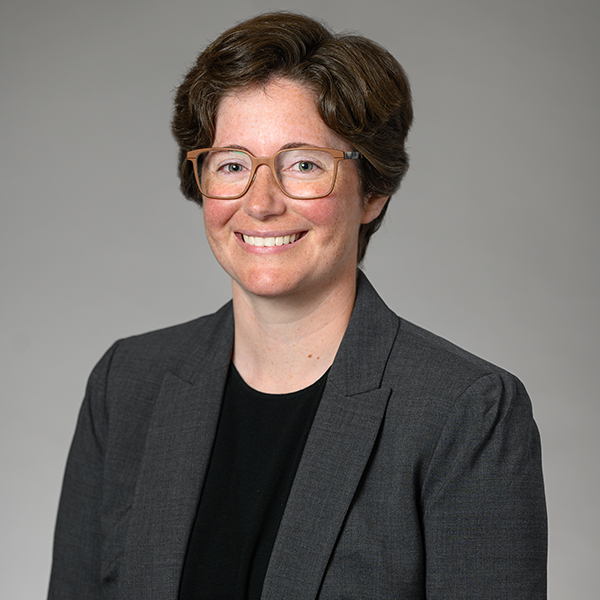
Dr. Claire Pernar joined Optum in 2021. She received her Doctor of Science in epidemiology from the Harvard T.H. Chan School of Public Health in 2018 and her Master of Public Health from the University of Michigan School of Public Health in 2011. Prior to joining Optum Epidemiology, she was a research scientist in the Department of Epidemiology at the Harvard T.H. Chan School of Public Health. Her previous work focused on cancer epidemiology and prevention, including prostate cancer epidemiology, molecular tumor biomarkers, physical activity and quality of life. She has published in top journals including European Urology and the American Journal of Epidemiology.
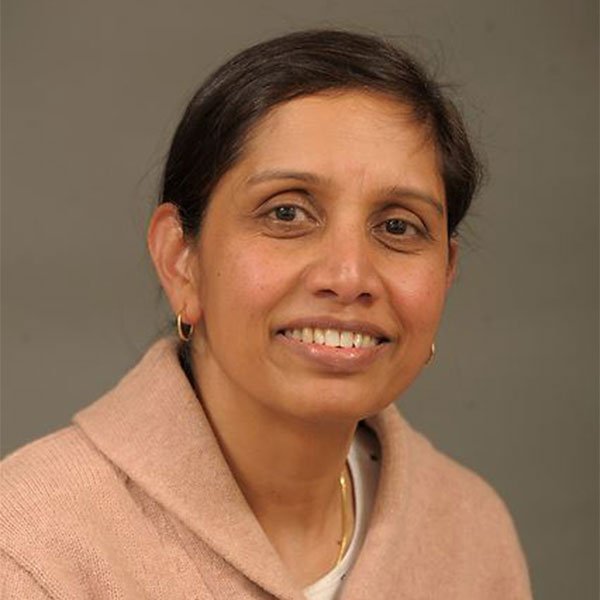
Dr. Madhuri Palnati joined Optum Epidemiology in February 2022. She received her Doctorate in epidemiology from University of Massachusetts, Amherst; her Master of Public Health from Boston University and her Bachelor of Medicine and Bachelor of Surgery (MBBS) from Guntur Medical College, India. Dr. Palnati has more than 20 years of research experience in developing, specifying, programming, interpreting, and reporting health care quality metrics. Her research at the Veterans Administration and RTI focused on varied topics including health care utilization in Alzheimer’s patients, financial incentives to influence human behaviors, diabetes and hypoglycemia in US Veterans and gender disparity studies. Dr. Palnati’s doctoral research evaluated the effect of lifestyle intervention during pregnancy and postpartum on postpartum weight reduction in Hispanic women with gestational diabetes and the effect of the intervention on offspring anthropometric measures. She has published in several peer-reviewed journals, including American Journal of Preventive Medicine, Women’s Health Issues, Pharmacoepidemiology and Drug Safety and Nature Genetics.
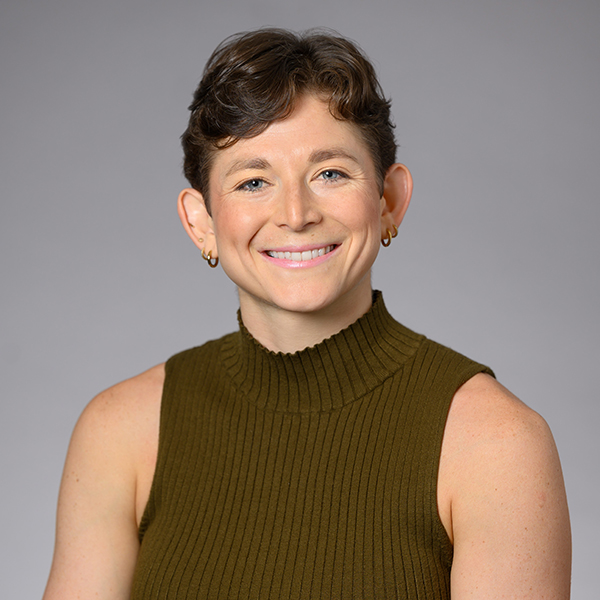
Dr. Lauren Peetluk joined Optum in 2022. She received her doctorate in epidemiology from Vanderbilt University in 2021. She received her Master of Public Health in epidemiology and biostatistics from Boston University School of Public Health in 2017. Prior to joining Optum Epidemiology, she worked as a research instructor in the Vanderbilt Department of Medicine Division of Infectious Diseases. Her previous research focused on understanding the drivers of unfavorable tuberculosis treatment outcomes, specifically developing prognostic models for tuberculosis treatment outcomes and applying causal inference methods to examine the impact of clinical characteristics on end-of-treatment outcomes. She has published in top journals, including Clinical Infectious Diseases and the Journal of Infectious Diseases.
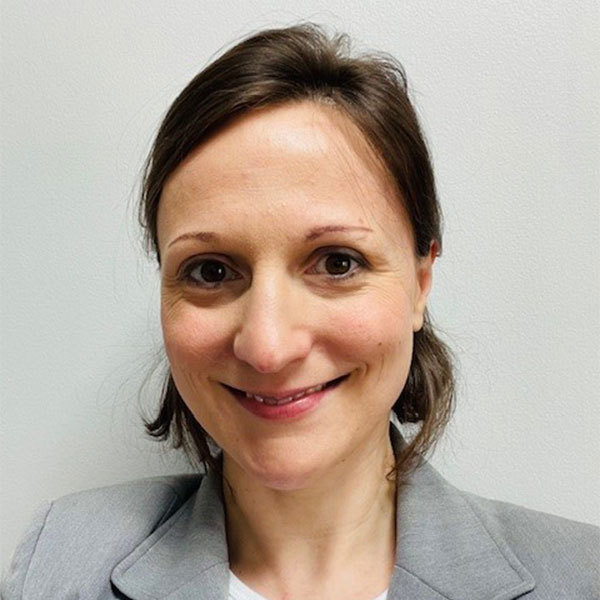
Dr. Bora Plaku joined Optum in 2021. She received her ScD in epidemiology from the Harvard T.H. Chan School of Public Health in 2020 and her Master of Science from the University of Massachusetts Lowell in 2013. Prior to joining Optum Epidemiology, she was a research scientist in the Department of Environmental Health at the Harvard T.H. Chan School of Public Health. Her previous work has focused on childhood organochlorine chemical exposures and male puberty, as well as workplace stress among health care workers and patient outcomes. She has published in top journals, including Chemosphere, Safety and Health at Work and International Journal of Hygiene and Environmental Health.

Dr. Ryan Seals joined Optum in 2019. He received his Master of Science in biostatistics and Doctor of Science in epidemiology from the Harvard T.H. Chan School of Public Health. His doctoral research focused on the incidence and etiology of neurodegenerative disease with an emphasis on occupational and environmental risk factors. Prior to joining Optum, he was an NIH postdoctoral research fellow at the Harvard T.H. Chan School of Public Health in neurostatistics. He has published numerous peer-reviewed articles in top journals including Epidemiology, the American Journal of Epidemiology, Environmental Health Perspectives and Neurology.
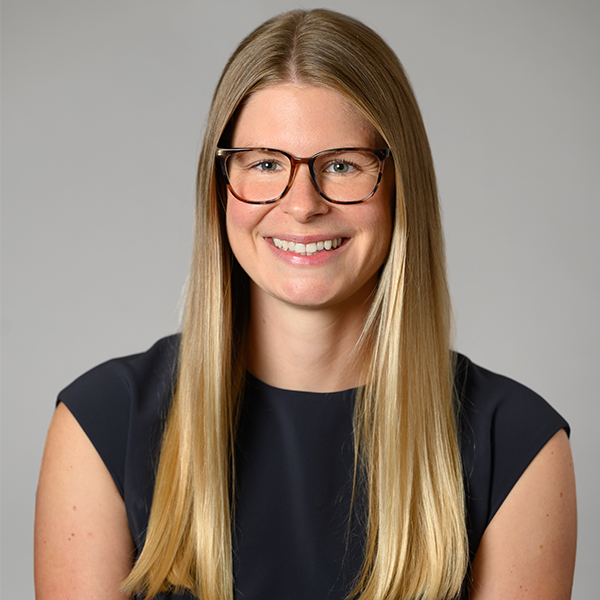
Dr. Jennifer Yland joined Optum in April 2023. She received her doctorate in epidemiology from the Boston University School of Public Health in 2023 and her Master of Science in epidemiology from the Harvard T.H. Chan School of Public Health in 2018. Her previous research focused on the use of observational data to emulate randomized trials assessing the safety of medications used before and during pregnancy. Her work has evaluated a variety of medications including contraceptives, anti-diabetic agents, asthma medications, and vaccines. Dr. Yland has published in top journals, including The BMJ, the American Journal of Epidemiology, Epidemiology, and Human Reproduction.
Related resources
Optum Dynamic Assessment of Pregnancies and Infants
Drive informed decisions about maternal and infant health.



